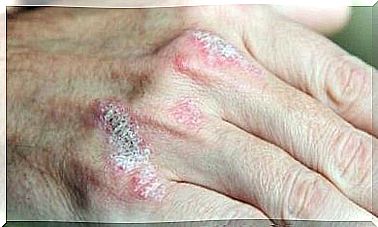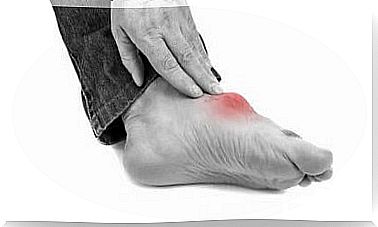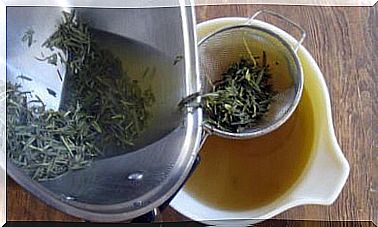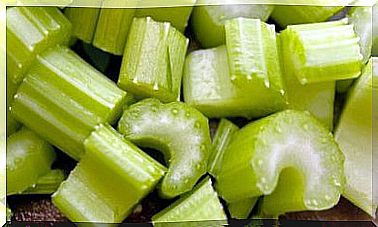What To Do If You Have A Nosebleed
Your first reaction will be to tilt your head back, but you should let it drop forward to avoid swallowing blood. Consider breathing through your mouth.
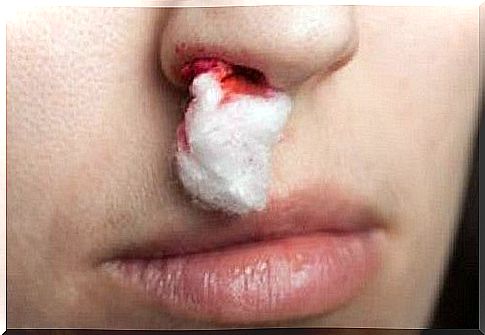
Maybe you’ve had to deal with a nosebleed before. But have you ever wondered why our noses are bleeding? What are the causes ? We will explain it to you in this article.
Why do we have a nosebleed?

Above all, don’t worry, in the majority of cases the nosebleeds are quite mild. It is even something quite common in both adults and children.
You should know that the nose is made up of a large number of very small blood vessels that can rupture quite easily. For example under the effect of a significant temperature change.
The air flowing through the nose can also dry out and irritate the membrane covering it, forming scabs that can also rupture and cause bleeding.
The fact that temperature plays an important role in this bleeding makes it very common for bleeding to occur especially during the winter.
The majority of these haemorrhages take place in the frontal part of the septum (partition dividing the nasal cavities in two), and in very rare cases can also take place in a deeper area of the nose.
However, be careful, as the latter type of bleeding can be quite difficult to control although it does not endanger your health. Now let’s see what are the main causes of nosebleeds.
- Allergies or colds.
- Very cold or dry air.
- Blow your nose very hard or scratch your nose.
- A lesion or deviation in the septum.
- Chemical agents.
- High blood pressure.
- More serious cases: tumors.
What to do when we have a nosebleed

- First of all, stay calm. And more especially if they are children. Tell them it’s okay and it will pass very quickly.
- Sit down and, most importantly, tilt your head forward. Why ? Because in this way, you will avoid swallowing your blood. You have to breathe very deeply through your mouth.
- Once seated, press firmly with your thumb and forefinger on the nose, not on the septum, but on the malleable part of the nostril in order to close the nasal cavities, press for a few minutes, release the pressure, then press down. again, then release the pressure until the bleeding stops. During this time, always breathe through your mouth.
- Remember to always tilt your head forward to prevent blood from flowing down your throat.
- Check every five minutes to see if your nose continues to bleed.
- If the bleeding has not stopped, you can try applying a cold compress or a little ice to the tip of the nose for a few minutes, this method can indeed stop the bleeding.
- Normally, people have a habit of dabbing the nose with a gauze bandage. The idea of gauze is good, but the important thing is not to dab the nose. Just apply the gauze gently so as not to completely obstruct the nasal opening.
Continuation of advice
- It is also advisable not to lie down if you have a nosebleed. Some people make the mistake of forcing the person with the bleeding nose to lie down on the floor or on the couch. However, this position promotes the flow of blood in the throat. The ideal is therefore to tilt the head forward so that the blood flows and forms a clot that will help stop the bleeding.
- Also, avoid vacuuming or blowing your nose for several hours after the bleeding has stopped. Indeed, it could cause new hemorrhages.
- If you see that the nosebleed does not stop, then you will need to seek medical help. It is also normal to use an aerosolized nasal decongestant to seal small blood vessels to control bleeding.
When to contact a doctor?
You will need to go to the doctor in the following cases:
- If the bleeding does not stop after twenty minutes.
- If the bleeding occurs after a blow to the head. It could be a sign of an injury.
- If after a blow to the nose, in addition to bleeding, a deformity occurs, it is possible that the septum is broken. In this case the nose is very painful.
You should also take into account the following aspects:
Do you have regular nosebleeds? Once or twice a week? It has nothing to do with the cold? See a doctor as soon as possible.


